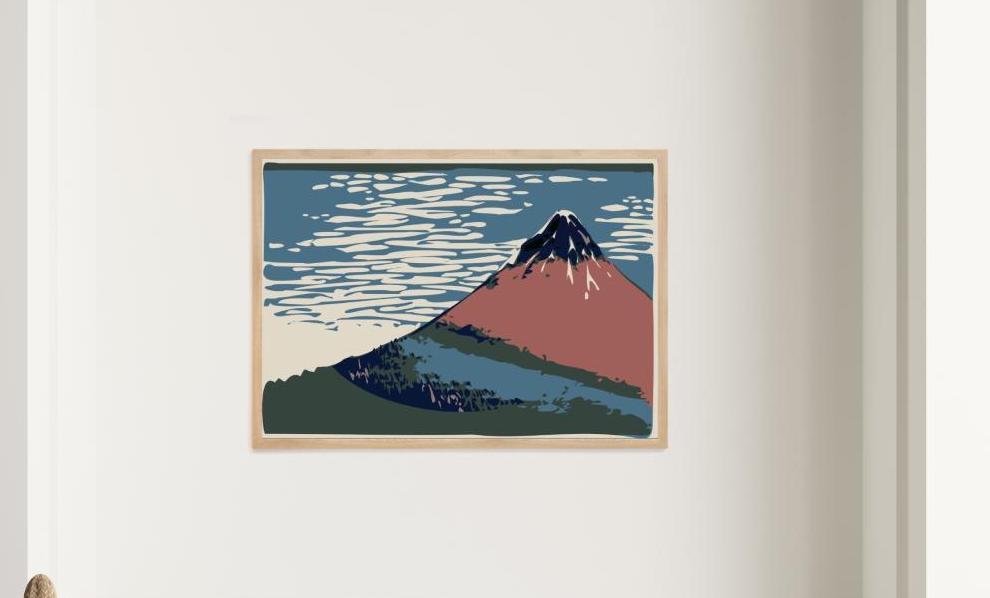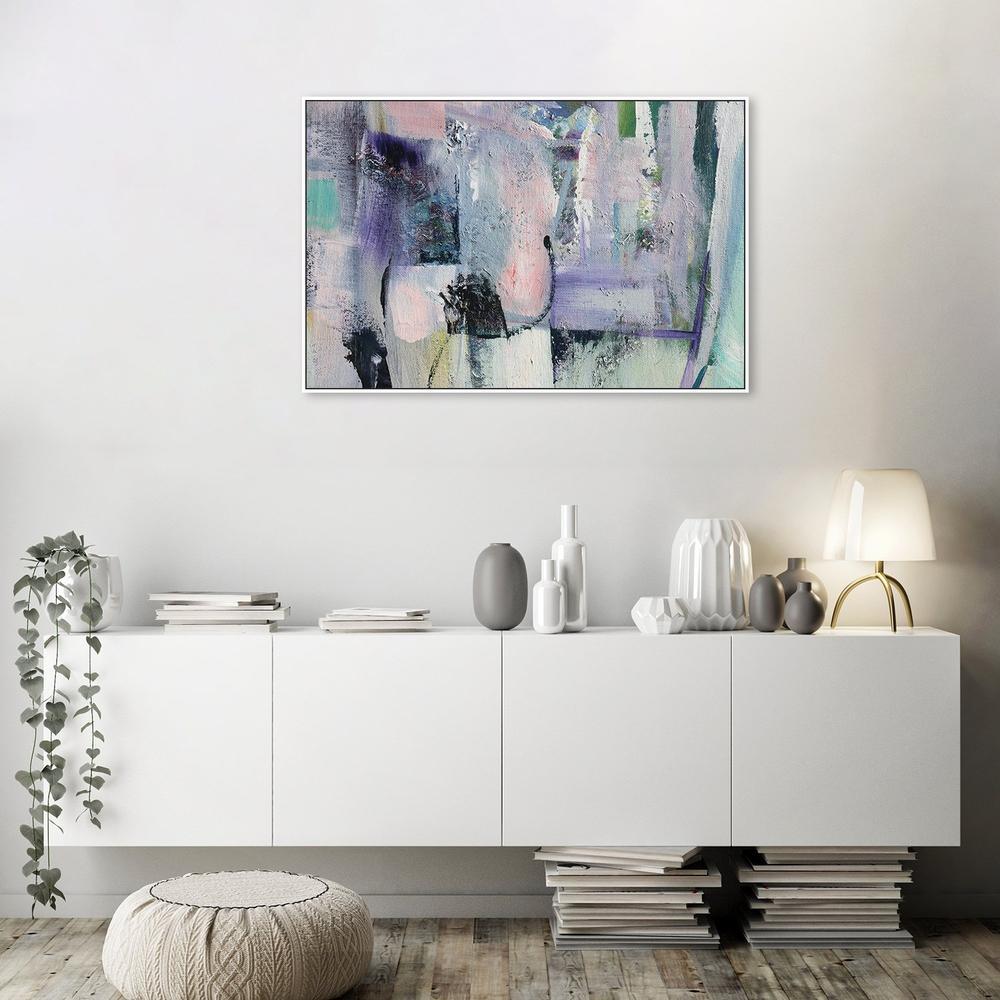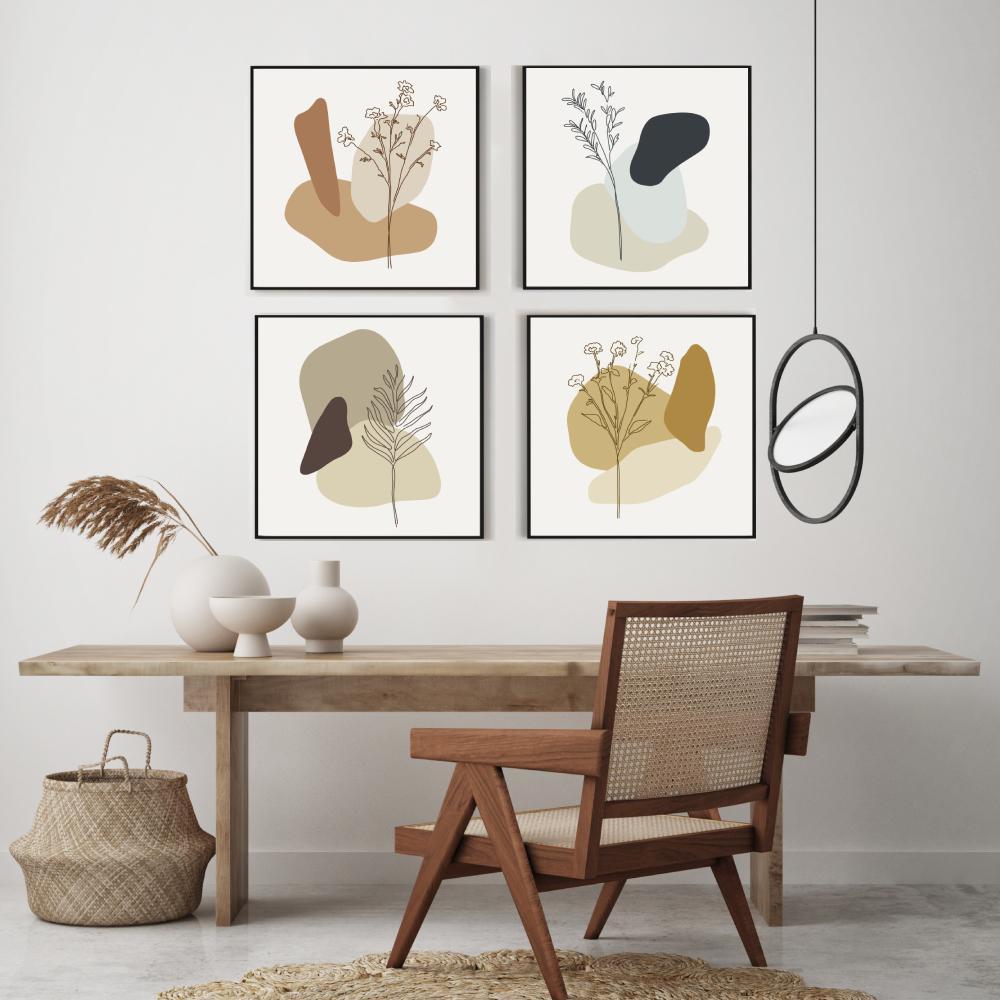
What Is Japandi Style & How to Bring It into Your Home
The Japandi interior style combines Japanese and Scandinavia designs to create a minimalist, simple scheme with a touch of natural and neutral elements to complement the approach.
Japandi Style Focuses on Simplicity
Japandi interior styles are accentuated by simple lines and an uncomplicated look and feel. With a minimalistic approach, the emphasis is on the simplicity of the design; no-frills, no scallop edging, instead, opt for sleek lines and clean edges when choosing your items.

Japandi Fabrics and Furniture
Gioia is introducing furniture elements to accentuate the Japandi interior style. Natural wood tones and simple shapes are what highlight the warm, relaxed aesthetic. Focus on incorporating sustainable materials, such as timber, bamboo, marble, leather, rattan, seashells, feathers, sisal rugs, paper, terracotta pots, wool, and linen.

Japandi Style Colour Scheme
Japandi colours are based upon warmer, neutral tones. Beige colours are a great starting point, along with warm white walls. The blend of warm neutral tones will bring comfort to the space, rather than using cool white paint colours, giving off a cold, stark, clinical feeling. The Japandi style maximises natural light in interiors by bouncing sunlight off walls. By using beige, cream, oatmeal tan, and stone colours rather than basic whites and brights, you'll be creating a Japandi interior style in no time. Since Japandi is all about neutral minimalism, try to use a palette that reflects that concept by sticking to a maximum of 3 or 4 colour tones in one interior.

Declutter your Home
This is your sign to deep clean your home and eliminate any items that do not serve a purpose to you. The Japandi style is minimalistic, and thus is all about quality over quantity – less is more.
Both Japanese and Scandi designs emphasize the importance of function and aesthetics. The minimalistic style means only choosing a few vital furniture elements and décor. Thus, an essential component for the Japandi style is each object is crafted individually and is beautiful with its own tiny imperfections, uniquely imperfect. Focusing on eco-aware principles, Japandi’s have an appreciation for artisans and the individuality that comes with their creations. It may be an extra cost, but incorporating expensive, hand-crafted elements is a long-term investment.
Utilise Large Spaces by Opening It up
Large open spaces are crucial to achieving a Japandi interior style, promoting an overall feeling of calm and spaciousness. Low furniture helps make the area visually open. Try incorporating low benches, armchairs, beds, and coffee tables.

Blend Indoor and Outdoor Areas
Nature is an essential component in both Scandinavian and Japanese cultures. Nature is the driving principle behind the design of many Japanese homes. Incorporating large open doors that blur the line between indoors and outdoors, with natural green plants and foliage helps bring a sense of calm to the house. Indoor plants are also a popular element to incorporate, such a bonsai or a bamboo plant. Reminder not to go overboard on interior plants, again, less is more and focus on quality.
Wall Art for Japandi Style
When selecting wall art to accentuate the Japandi style of your room, minimalistic and neutral tone wall art will complement the style and space. For wall art with a famous name, consider the beautiful simplicity of Picasso and Matisse’s line art, or opt for monochrome art or black and white photography, asymmetrical florals or clean lines with pops of vibrant colours.


The Japandi style is quite an easy interior to introduce into your home. Start by painting your walls, then slowly declutter and bring in elements that explore the neutral, earthy tones and fabrics around the house.


